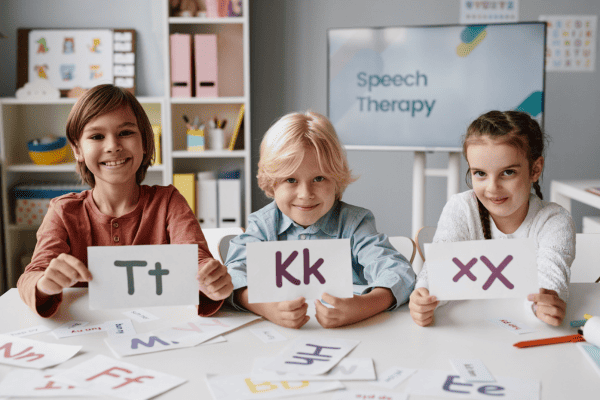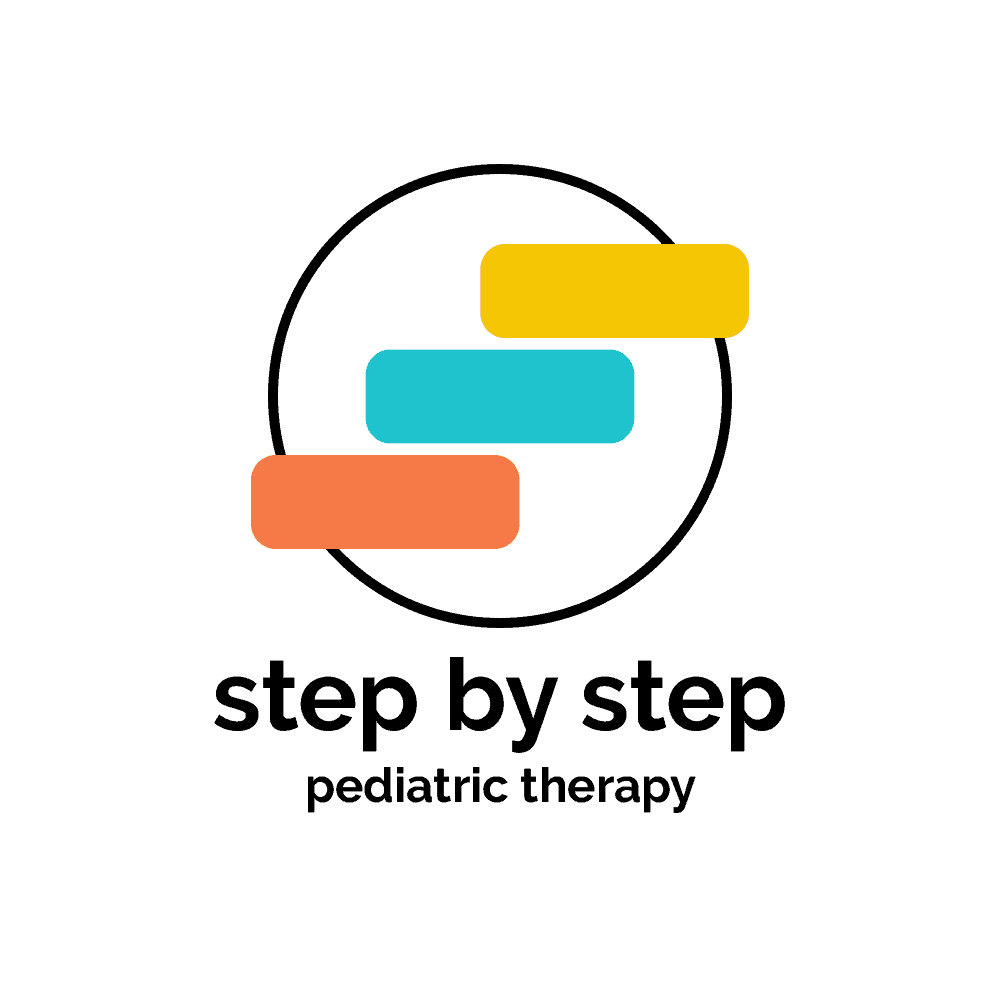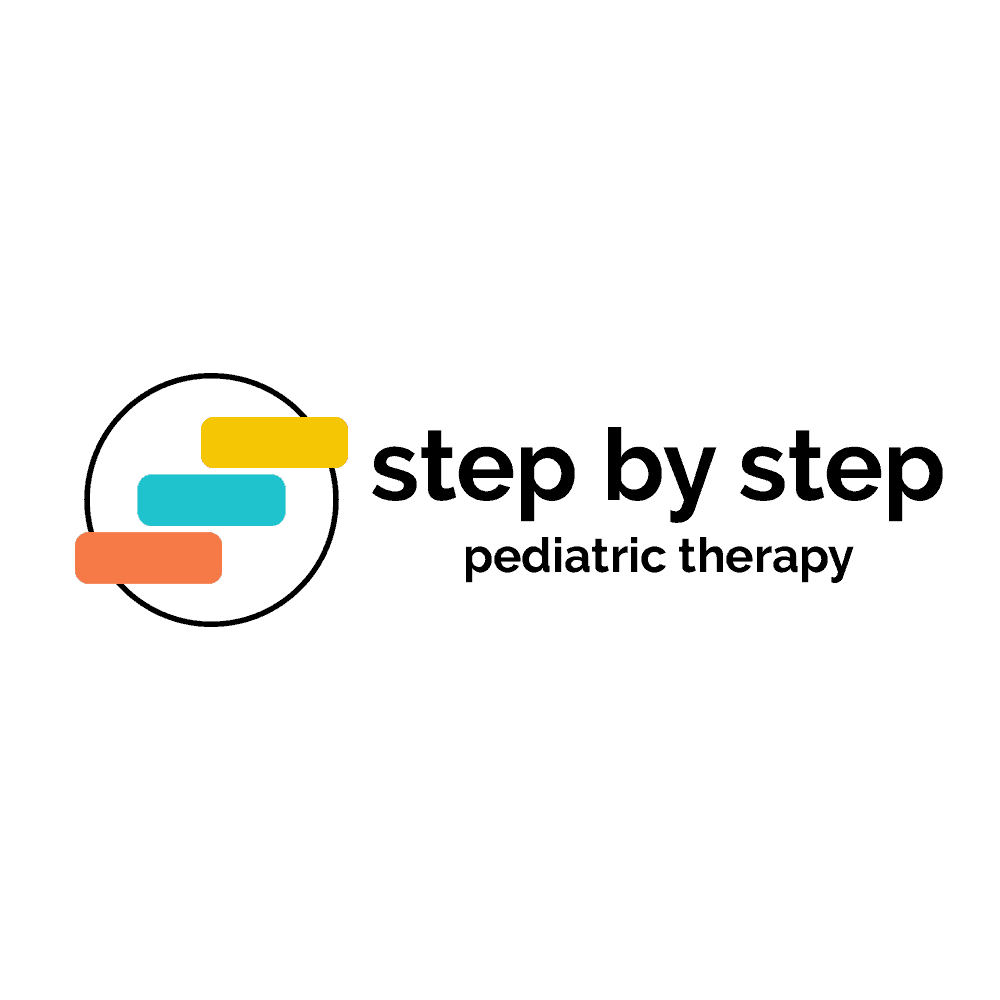
Speech Therapy

Open doors of opportunity and achievement
Pediatric Speech Therapy
Understanding
Speech
Therapy
Speech therapy is a structured process designed to address various speech and language disorders. These disorders can range from articulation difficulties to language comprehension challenges. By employing a range of techniques and exercises, speech therapists assist individuals in overcoming these hurdles and developing strong communication skills.


One of the primary goals of speech therapy is to help individuals articulate words and sounds accurately. Through targeted exercises, individuals can overcome speech impediments, such as lisps or stuttering, enabling them to speak clearly and confidently.
Improved
Articulation
and
Pronunciation
Enhanced
Language
Development
Speech therapy also focuses on bolstering language skills. Individuals who struggle with expressing their thoughts coherently or understanding language nuances can benefit greatly. This paves the way for improved academic performance and better social interactions.


Mastering effective communication through speech therapy can significantly boost self-confidence. As individuals develop more control over their speech and language, they feel more empowered to engage in conversations, deliver presentations, and express themselves without hesitation.
Boosted
Self-Confidence
Tailored
Approach For
Individual
Needs
At Step by Step Pediatric Therapy, our speech therapists customize their strategies to meet the unique needs of every child, including those who are non-verbal or have limited speech abilities. We offer specialized services to assess and provide training in Augmentative and Alternative Communication (AAC) using assistive technology and devices.

In essence, speech therapy operates as a catalyst for multifaceted growth, illuminating a path towards not only effective communication but also personal and societal empowerment. Through Step by Step pediatric speech therapy, individuals embark on a transformative journey.
Signs your Child might benefit from Speech Therapy
Limited Vocabulary
Difficulty Pronouncing Words
Difficulty Swallowing
Unclear
Speech
Stuttering or
Repetition
Struggling with Grammar and Sentence Structure
Difficulty Following Directions
If your child consistently has trouble understanding and following simple instructions or directions, it could indicate potential difficulties in language comprehension.
Limited Social Interaction
Lack of Progress
Frustration or Avoidance
Children who become frustrated, anxious, or avoid situations that require communication might benefit from speech therapy to build their confidence and ease their communication challenges.
Family History
If there is a family history of speech or language disorders, the likelihood of a child experiencing similar challenges might be higher, warranting an early evaluation by a speech therapist.

It’s important to note that children develop skills at varying rates, and some may experience temporary speech difficulties as they grow. However, if you observe persistent or multiple signs over an extended period, seeking guidance from a speech-language pathologist can provide valuable insights and support to ensure your child’s speech and communication skills are on track. Early intervention through speech therapy can make a significant difference in a child’s overall development and future success.
Common Concerns
Addressed
- Early Language Delays
- Receptive & Expressive Language Disorders
- Non-verbal/ low speaking
- Pragmatic/Social Language Disorders
- Literacy/Written Language Disorders
- Cognitive Disorders
- Orofacial Myofunctional Disorders (Tongue Thrust)
- Cleft & Craniofacial Disorders
- Voice & Resonance Disorders
- Hearing Impairments
- Articulation/Phonological Disorders
- Stuttering
- Executive Functioning Difficulties
- Developmental Disabilities
- Autism Spectrum Disorder
- Difficulty Swallowing
- Pacing of Solids and Liquids
Treatments May
Include
- Articulation/Phonology
- Fluency/Stuttering
- Receptive & Expressive Language
- Literacy/Written Language
- Social Skills
- Social Communication Skills Training
- Oral-Motor Exercises
- Language Intervention Therapy
- Alternative & Augmentative Communication
- Oromyofunctional Therapy
- Cognitive Communication
- Strategies for safe and effective feeding


